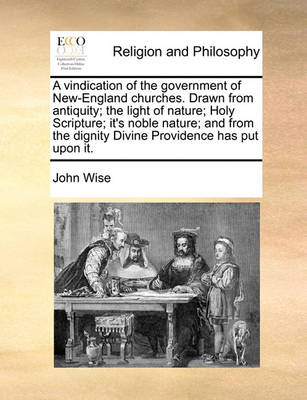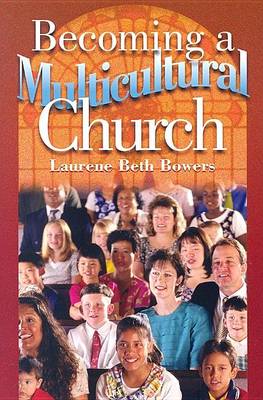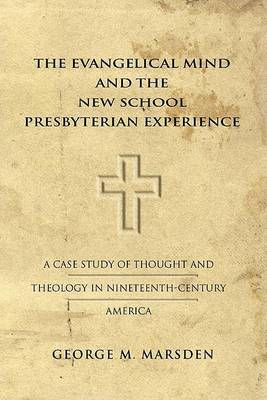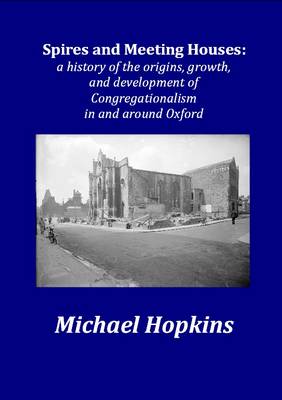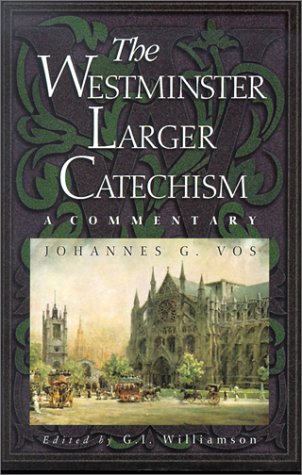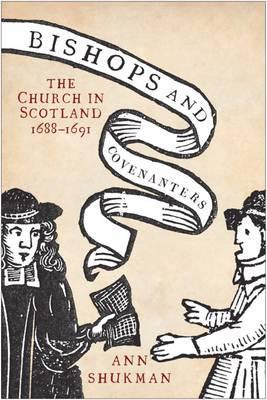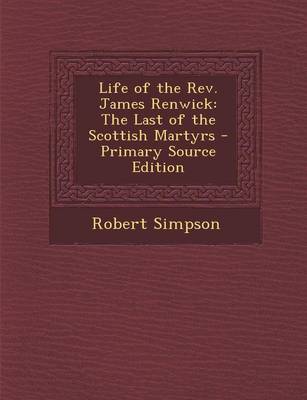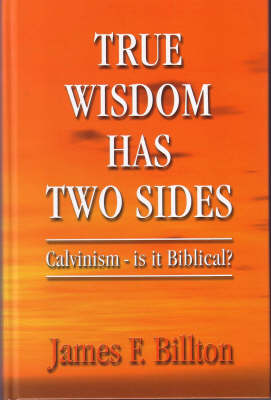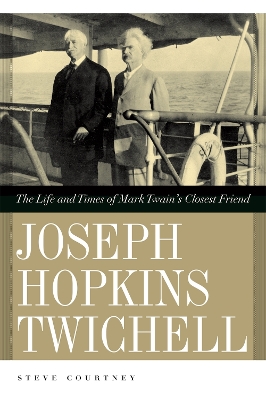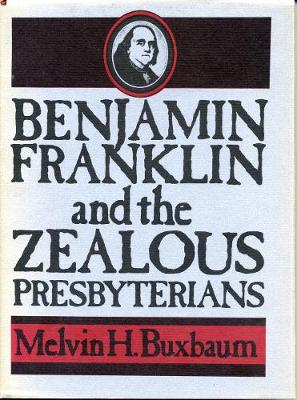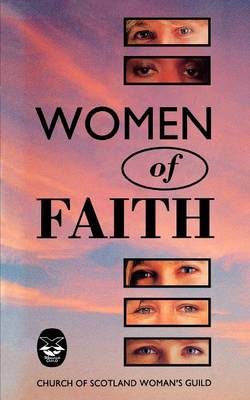The Evangelical Mind and the New School Presbyterian Experience (Yale Publications in American Studies, #20)
by George Marsden
Why did the young Protestant monarch William of Orange fail to make his mark on Scotland? How did a particularly hard-line 'Protester' branch of Presbyterianism (the last off-shoot of the Convenanting movement) become the established Church in Scotland? And how did it come about that Scotland suffered a kind of 'cultural revolution' after the Williamite revolution, nipping in the bud the proto-Enlightenment? This book reviews the political events that led to the abolition of episcopacy in 1689 a...
In 1768, John Witherspoon, Presbyterian leader of the evangelical Popular party faction in the Scottish Kirk, became the College of New Jersey's sixth president. At Princeton, he mentored constitutional architect James Madison; as a New Jersey delegate to the Continental Congress, he was the only clergyman to sign the Declaration of Independence. Although Witherspoon is often thought to be the chief conduit of moral sense philosophy in America, Mailer's comprehensive analysis of this founding fa...
The Princeton Companion to Jonathan Edwards
Jonathan Edwards (1703-1758) is widely recognized as one of the greatest philosopher-theologians America has ever produced, and recent years have seen a remarkable increase in research on his writings. To date, however, there has been no single authoritative volume that introduces and interprets the key aspects of Edwards' thought as a whole. The Princeton Companion to Jonathan Edwards provides just such a concise and comprehensive work, one that will be invaluable to students and scholars of Am...
Bewilderment often follows when one learns that Mark Twain's best friend of forty years was a minister. That Joseph Hopkins Twichell (1838-1918) was also a New Englander with Puritan roots only entrenches the "odd couple" image of Twain and Twichell. This biography adds new dimensions to our understanding of the Twichell-Twain relationship; more important, it takes Twichell on his own terms, revealing an elite Everyman-a genial, energetic advocate of social justice in an era of stark contrasts b...
Two sides of Franklin are presented in this book: on one hand, the promoter conveying positive images of himself and his nation as models of toleration; on the other, the polemicist inveighing against alleged offenses of the colonial American Calvinist Establishments (he called them all Presbyterian). Franklin, the Enlightenment Deist, is shown in his pre-1776 years as consistently mistrustful of Presbyterian zeal, and deeply involved in the overt religious-political hostility among Presbyterian...
This is an intimate story of a mainline Protestant church and the pilgrimage of a writer who went to observe it. But not until a moment of personal crisis does he discover the true secret of this church community, and the result is a surprising account of ordinary church people addressing extraordinary spiritual concerns.
Jonathan Edwards has long epitomised the Puritan preacher as fiery scold, fixated on the inner struggle of the soul and the eternal flames of hell. In this book, Ronald Story offers a fundamentally different view of Edwards, revealing a profoundly social minister who preached a gospel of charity and community bound by love. The first chapters trace Edwards's life and impact, examine his reputation as an intellectual, Calvinist, and revivalist, and highlight the importance for him of the gent...
Church psalmist; or, Psalms and hymns for the public, social and private use of Evangelical Christians.
The Shaping of Ulster Presbyterian Belief and Practice, 1770-1840
by Andrew R Holmes
A historical study of the most influential and important Protestant group in Northern Ireland - the Ulster Presbyterians. Andrew R. Holmes argues that to understand Ulster Presbyterianism is to begin to understand the character of Ulster Protestantism more generally and the relationship between religion and identity in present-day Northern Ireland. He examines the various components of public and private religiosity and how these were influenced by religious concerns, economic and social changes...
Mission in Contemporary Scotland is the first book to fully examine the challenges and opportunities of Christian mission in contemporary Scotland. It covers all of the most important topics and questions engaging the church today, such as the reality of decline, the changing nature of domestic mission, the response of the Church to change, and the different models of mission that are being used today. Describing and analysing a wealth of concrete examples from a Scottish context, this study...
Women of Faith is a book about women who have deepened the faith of others. The contributors -members and colleagues of the Woman's Guild of the Church of Scotland - tell of neighbours, friends, missionaries, deaconesses, and many others, whose lives have had an influence upon them. Not only contemporary women, but women of the past, are remembered for their lives of service in these concise snapshots - Dr Elsie Inglis, for example, the 'ardent suffragist'; Annie Hunter Small, a pioneer of the t...

